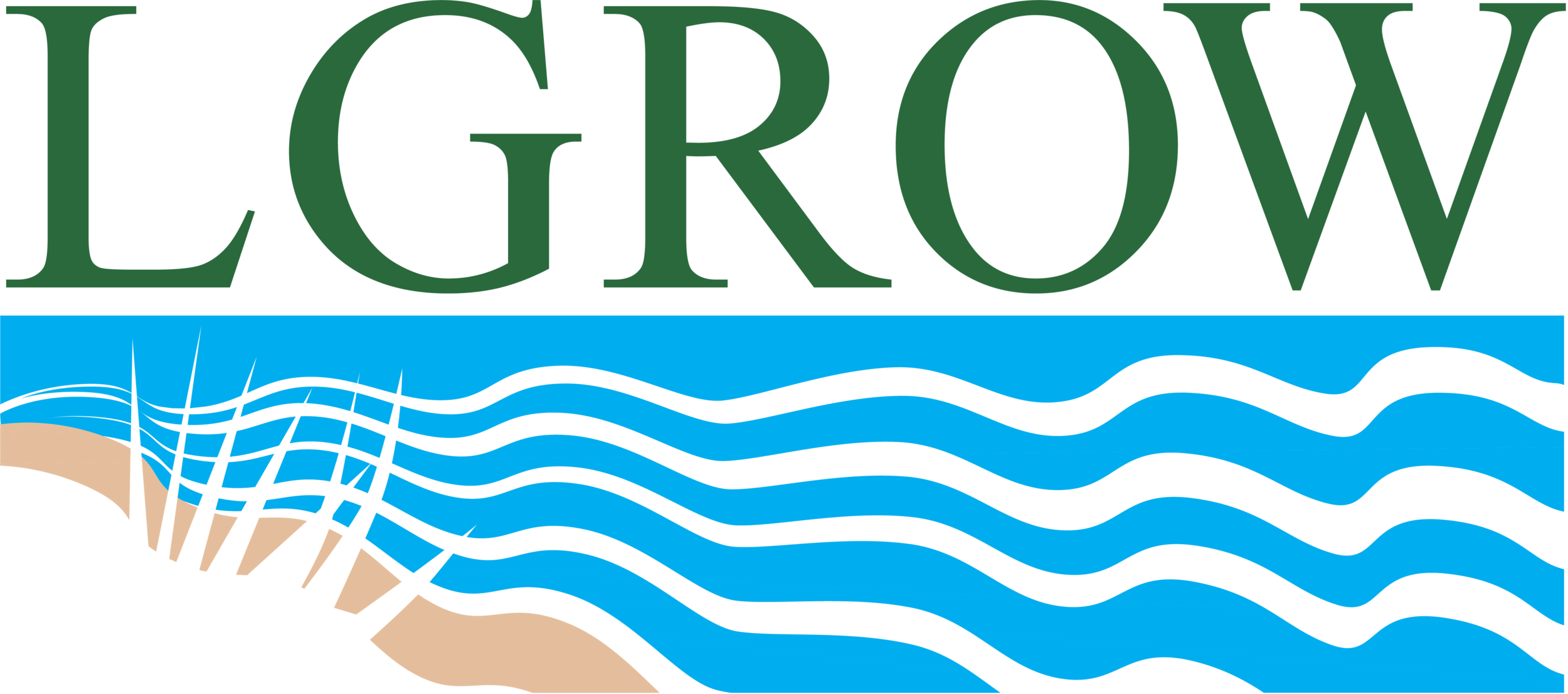USDA Regional Conservation Partnership Program
The Grand Valley Metro Council was awarded $8 million in funding through the United States Department of Agriculture’s Regional Conservation Partnership Program (RCPP) on November 29, 2016, to promote conservation efforts in the Lower Grand River Watershed. This federal funding for the “Lower Grand River Watershed Habitat Restoration – Farmland Conservation Project” will be matched by another $8 million in private investments. Support comes through the 2014 Farm Bill’s Regional Conservation Partnership Program, authored by Senator Debbie Stabenow.
This five year project will spend over half of the funding on restoring habitat for fish and wildlife in the Grand River through downtown Grand Rapids as part of the Grand River Revitalization and Rapids Restoration project. GVMC’s efforts in securing this funding demonstrates the importance of the partnerships that have been established to work on the Grand River Revitalization project, including Grand Rapids Whitewater, the City of Grand Rapids, Downtown Grand Rapids, Inc., and local foundations. For more information on this portion of the RCPP project, go to https://www.lgrow.org/grww. For more information about Grand Rapids Whitewater, go to: www.grandrapidswhitewater.org
The funding will also be used to install agricultural conservation practices to address excess sedimentation issues in both the Indian Mill Creek and Rogue River watersheds. At approximately 11,000 acres, the Indian Mill Creek watershed is experiencing intense sedimentation issues affecting its ability to sustain aquatic life and maintain stable flows. The larger Rogue River watershed, at over 167,000 acres, is experiencing some of those same issues. Both watersheds are vital to local fisheries and support warm and cold water species such as trout, salmon and steelhead. LGROW is partnering with the Natural Resources Conservation Service and the Kent Conservation District, who will be leading the efforts to engage landowners in adopting conservation measures. Other partners include the Rogue River Watershed Partners, Trout Unlimited, and local municipalities to restore wetlands, reconnect floodplains, install buffer strips, and implement other erosion control practices to reduce sedimentation in the local waterways.
“The Grand Valley Metro Council is excited to be working with so many partners on this regionally significant project,” stated GVMC’s Executive Director John Weiss. “This funding provides the momentum needed for the river project to proceed and the upstream conservation measures to improve the health of the Lower Grand River Watershed.”



